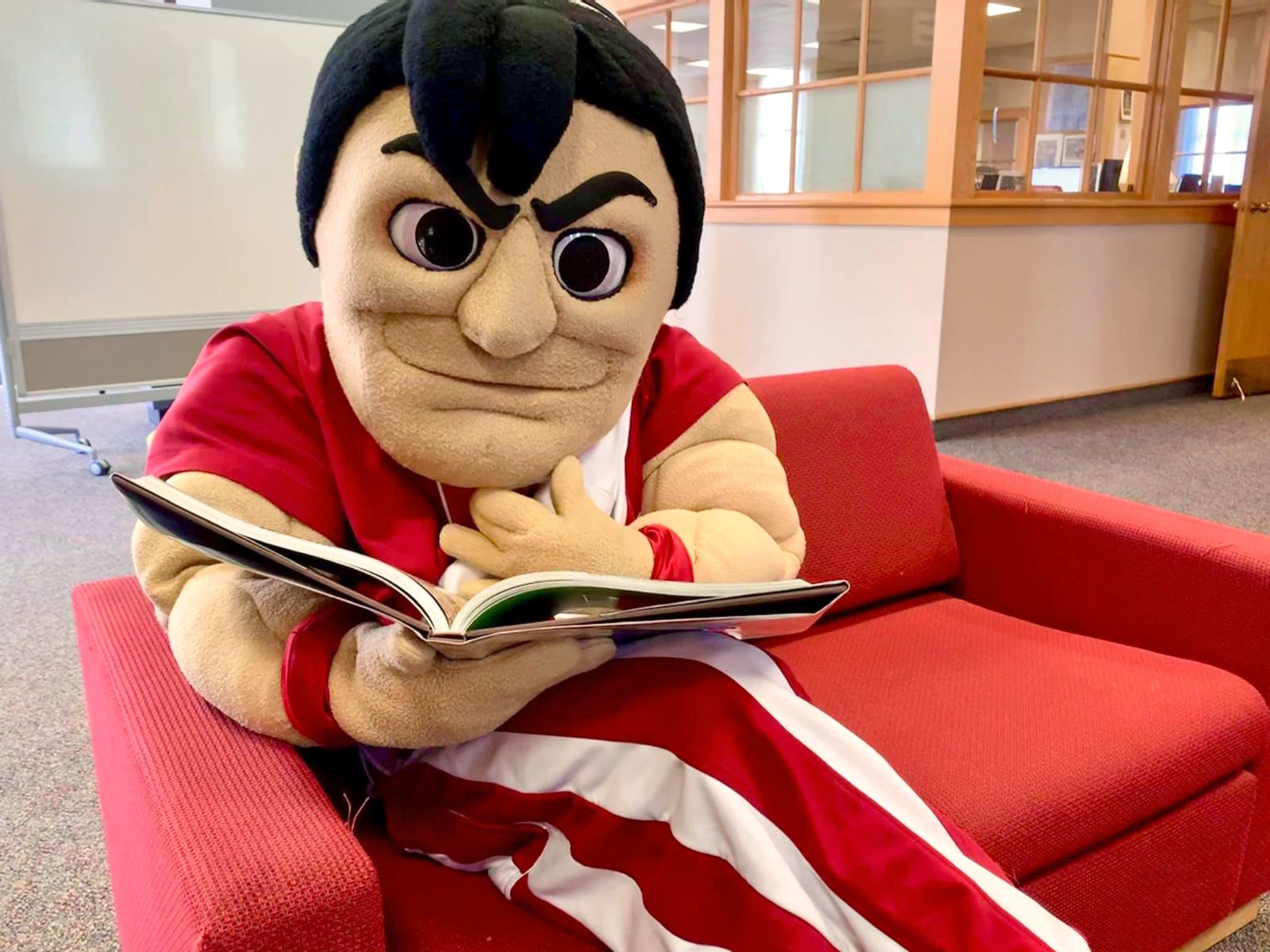One of the biggest academic hurdles for Wabash students—senior comprehensive exams—begins Wednesday. And this year’s experience is brand new: oral comps will be virtual. In order to help their seniors, faculty members offered advice on how to best prepare for the process.

Don’t think about it as a test. It’s an opportunity for you to share how interested you are in the world and what you have learned how to do. You have agency in that meeting—use it and share your passion and curiosity with your professors.
BKT Assistant Professor of Art Matthew Weedman
Study more for the written exams; they count more. Don't stress so much over the orals; almost everybody passes. Remember what you did freshman year—especially in your tutorial and enduring questions. Lastly, if you had a class with one of the professors on your board, be sure to review it.
Professor of History and Religion Bob Royalty
Students should remember that we are on their side. We want you to do well, and we feel like it is our role to help you do well. We know that one of the major obstacles for your comps performance is stress, so remember we are in it with you.
Professor of Psychology Bobby Horton
Plan to dress as if you are doing a job interview—business attire (suit and tie or at least something dressy).
Set up your computer (or phone) for Zoom well ahead of time. Be sure that:
If you do not know one of the professors on your exam, it is very important that you introduce yourself to the professor.
Associate Professor of Art Elizabeth Morton
Drink water! Your mouth WILL dry out from the stress. (Coffee will dry your mouth out more.) Do dress up. Appearances and first impressions matter. And take time to collect your thoughts before answering the questions.
Associate Professor of Psychology Karen Gunther
Oral comps are usually like a conversation, not an inquisition. It's about finding out what the student does know—not what he does not know. The best oral exams are like a conversation that you really do not want to see the end of.
Get a good night's sleep, don't overthink it, answer the questions as slowly as necessary, and recognize that you can ask for clarity.
Lastly, even though we are in a digital environment, I would encourage students to continue this tradition. I don't want to be the only one in the "room" with a Wabash tie on!
Associate Professor of History Rick Warner
And if you’re not a senior? You’re going to want to read this advice from Associate Professor of Political Science Ethan Hollander:
For years, I've been giving this advice, I usually give it to seniors…at which point it's too late. The best way to do well on comps is to have been a good student for the last three-and-a-half years. No amount of cramming can make up for neglecting your classes when you took them. Once it’s time for you to take comps? It will all be right there.